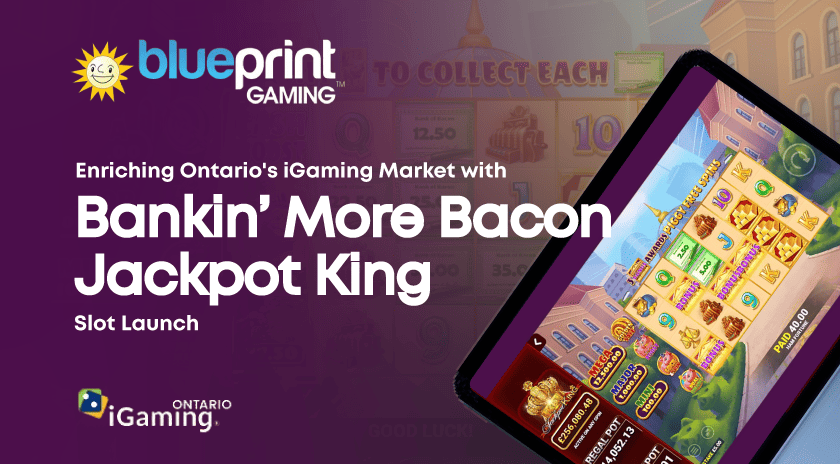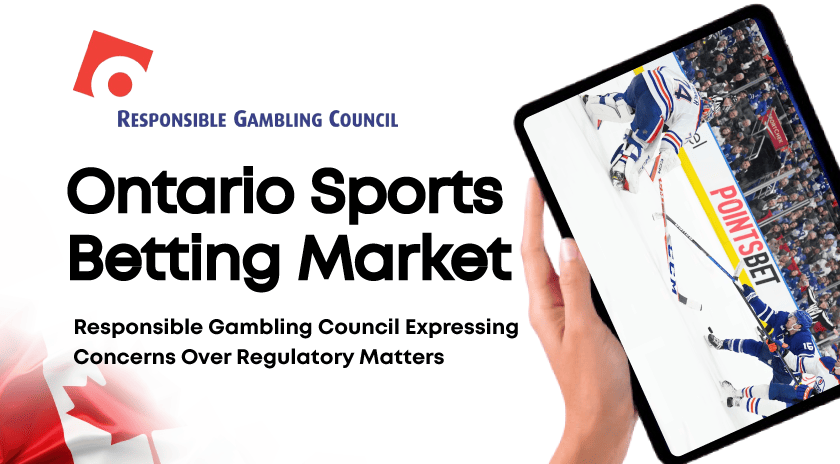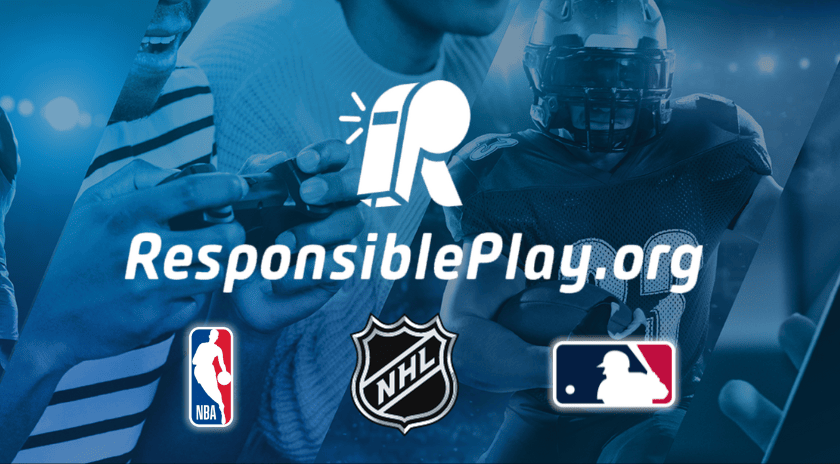Ontario Enforces Strict Advertising Standards to Protect Youth, Impacting iGaming Market Dynamics
In a significant policy shift, Ontario has implemented stringent restrictions on the use of athletes and celebrities in online sports betting and iGaming advertising. This move, entirely orchestrated by the main Ontario iGaming authority the Alcohol and Gaming Commission of Ontario (AGCO), targets the promotional strategies which were previously employed by internet gambling operators.

Several big names, including Wayne Gretzky, Auston Matthews, and Connor McDavid, celebrated for their athletic achievements, are now barred from endorsing online betting platforms unless their messaging is solely focused on promoting responsible gambling.
This regulatory update, which came into effect on the 28th of February, 2024, aims to curb the influence of gambling ads on the province's youth and adolescents. Tom Mungham, AGCO's former registrar and CEO, emphasized the authority's commitment to safeguarding young Ontario residents from the potential harms of online betting, underlying the role model status of athletes and celebrities among children.
A Shift from Celebrity Endorsements to Responsible Messaging
The Ontario iGaming market has evolved dramatically since the market's competitive inception in April 2022, especially when it comes to advertising. Initially, a diverse array of public figures were enlisted to champion the new and upcoming online gambling sector, coinciding with the province's break from the traditional government-owned lottery and gaming monopolies. This newly found openness invited a surge of private Ontario online gambling operators, fueling a widespread advertising blitz that, while engaging, raised concerns over youth exposure to different gambling content.
The AGCO's revised standards now prohibit the use of any celebrity figure—be it an active or retired athlete, or a celebrity—whose endorsement could directly or indirectly benefit Ontario gambling operators, except when advocating for responsible gambling practices and behaviors. This includes a broader ban on marketing materials that may be appealing to minors, extending to cartoons, social media influencers, and other figures who are more likely to capture the attention of those under the legal gambling age which in Ontario is nineteen years old.
Navigating the Fine Line of Advertising Standards in Ontario
The AGCO's approach to regulation emphasizes flexibility and a standards-based model. This allows Ontario online gambling operators to tailor their marketing strategies within a framework aimed at achieving broader regulatory outcomes with the sole goal of promoting responsible gambling practices. Despite the clear intent to protect vulnerable demographics, the new guidance remains deliberately broad, challenging advertisers to interpret and navigate these restrictions effectively.
Operators are still permitted to use game footage and brand placements in certain situations, provided there is no direct endorsement from athletes and other celebrities under contract with betting companies. This new stance reflects the Ontario regulator's effort to balance marketing freedom with responsible gambling advocacy, mandating educational content and measures to prevent problem gambling.
iGaming Advertising Standards in Other Canadian Provinces
The Canadian iGaming market, while relatively new in the scope of legalized online gambling, varies significantly across provinces when it comes to advertising gambling-related content. The regulatory frame is designed to protect consumers, especially minors, from the potential harms associated with online gambling. Each province has the autonomy to establish its own regulations and standards for gambling operations within its jurisdiction.
In Quebec, advertising standards for the gambling industry are carefully crafted to ensure they are both engaging and responsible. They prioritize public trust and the well-being of the entire community. These standards mandate that all gambling-related promotional content must be created in a way that is creative, enjoyable, and respectful, without compromising the public's confidence in the Loto Quebec responsible for gambling operations.
Key to these advertising standards is the respect for human dignity, with a clear directive to avoid any form of discrimination. This means advertising must steer clear of religious themes, symbols, and any stereotypes that could be considered degrading towards women, men, or minority groups. This approach underscores the importance of inclusivity and equality in the representation of gambling activities.
Advertising Guidelines in British Columbia
The guidelines for advertising and marketing gambling activities in British Columbia are also designed to ensure they follow ethical standards and legal requirements. They put a strong emphasis on social responsibility and the protection of vulnerable populations. The province mandates that all gambling advertisements must avoid immorality or obscenity, specifically prohibiting content that unduly exploits themes of crime, horror, cruelty, and violence.
The overarching principle of these guidelines is to maintain the integrity and social responsibility of gambling activities. Advertisements are expected to include responsible gambling messages that are clear, understandable, and prominently placed. This ensures they are visible in areas of high traffic within gaming facilities, on relevant electronic media pages, and at points of sale for gambling products.
To foster a responsible gambling culture, British Columbia insists that advertisements must not encourage behaviors that could lead to gambling harm. This includes discouraging excessive gambling, avoiding the suggestion that gambling can solve financial problems or serve as an alternative to employment, and not misrepresenting the odds of winning. Advertisements must also accurately depict the nature of the risks involved. This includes a factual representation of winning odds and prize details.
Protecting Minors and Promoting Responsible Gambling
Special attention is given to protecting minors from exposure to gambling content. The guidelines specify that advertisements should not feature minors or target media outlets or locations frequented predominantly by minors. This includes a prohibition on themes, languages, and imagery that appeal specifically to young audiences, such as cartoons or celebrity endorsements that would likely attract their attention, similar to new advertising standards for the Ontario iGaming market.
Our Take: What This Could Mean for the Ontario iGaming Market?
The AGCO's latest advertising restrictions represent a major step towards safeguarding Ontario's youth from the potential pitfalls of online gambling. At OntarioGambling.ca, while we cherish the regulator's proactive measures in prioritizing the welfare of minors, we also recognize the challenges these changes may pose to the momentum of the Ontario iGaming market.
The elimination of athlete and celebrity endorsements, previously a staple in gambling advertisements, requires a strategic central shift for Ontario online gambling operators. They must now innovate within tighter bounds to engage their audience, potentially diluting the market's vibrancy and competitive edge.
This new advertising paradigm emphasizes the delicate balance between responsible gambling promotion and maintaining a dynamic and attractive online betting environment. As the market adjusts to these new limitations, the burden is on operators to find creative and ethical ways to resonate with adults while firmly excluding appeal to younger demographics. The evolution of these advertising strategies will be crucial in shaping the future landscape of Ontario's iGaming sector, ensuring it remains both responsible and competitive.
Sources: AGCO, Loto Quebec, Gov.BC.ca









